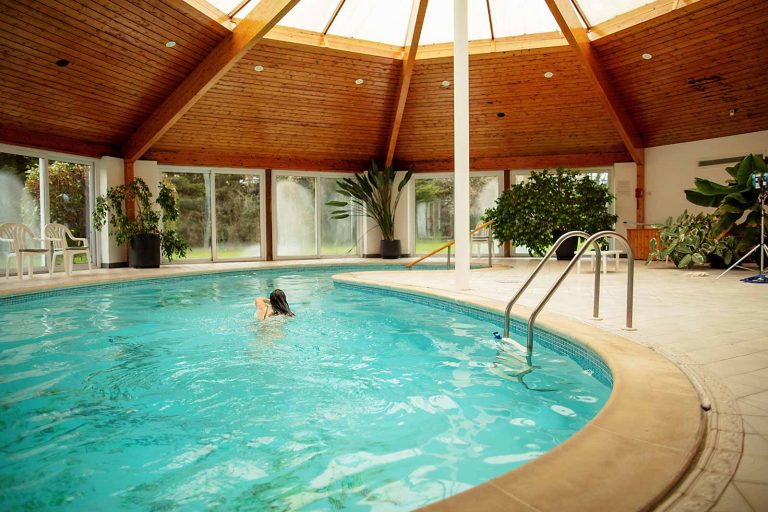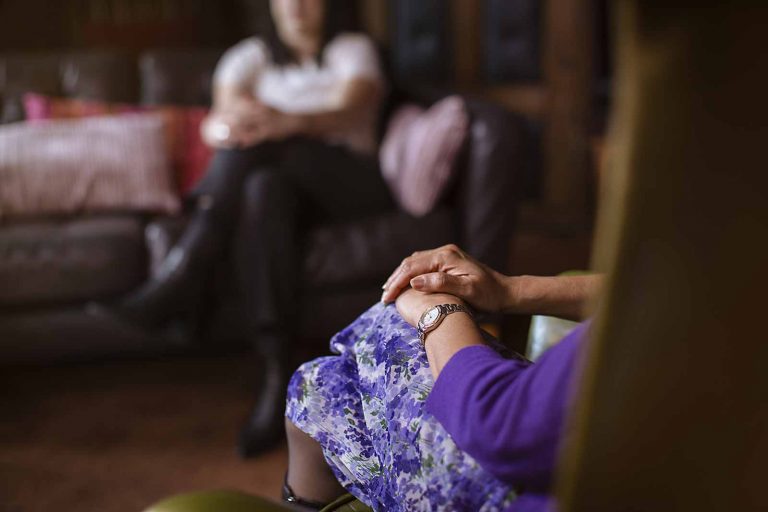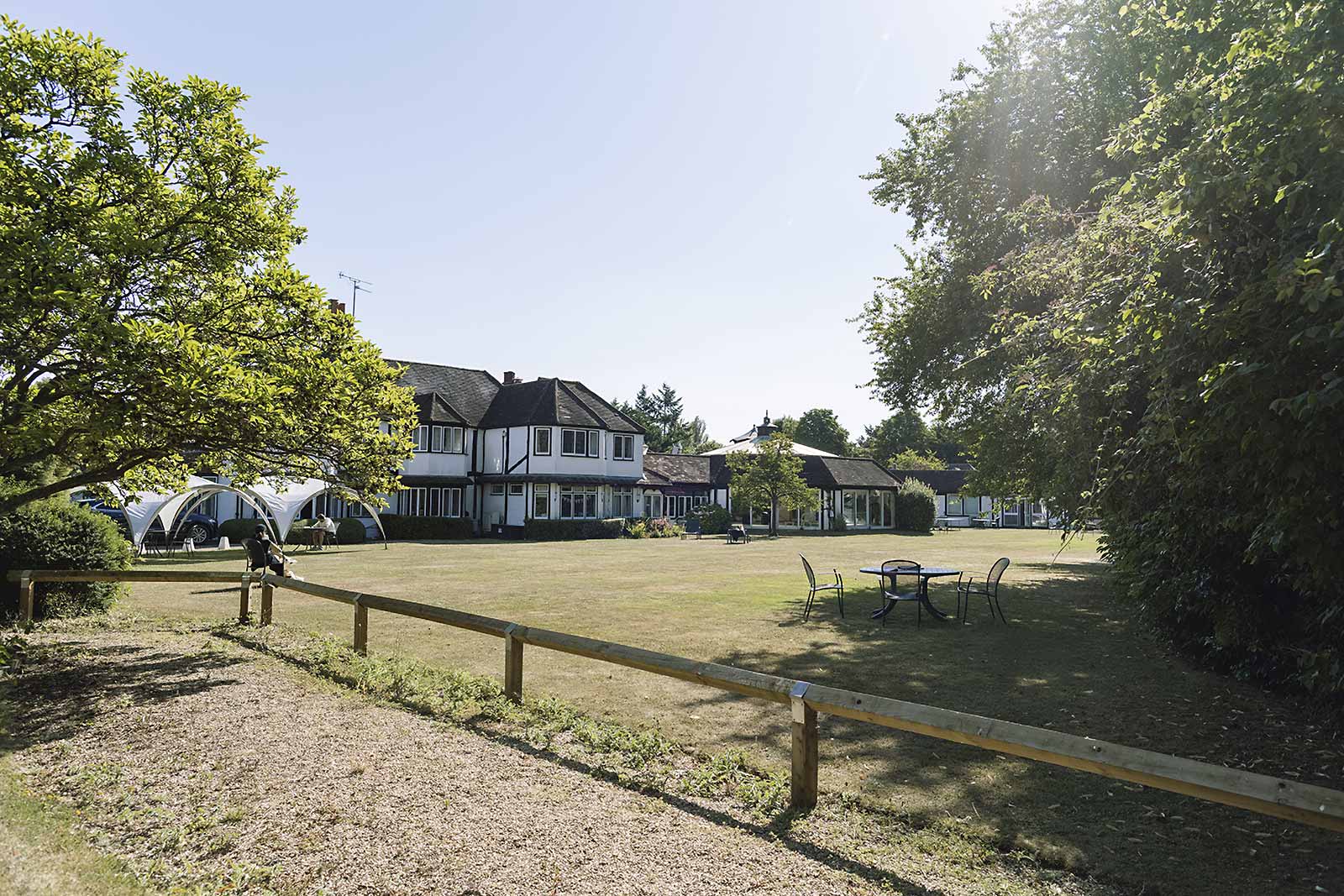Exercise Addiction
What is exercise addiction?
Exercise addiction is an impulsive control disorder.
There are positive effects of regular exercise on both our physical and mental health. Exercise releases endorphins which interact with receptors in our brains that reduces the perception of pain. Endorphins also trigger a positive feeling in the body, similar to that of morphine. Taking part in regular exercise has proven to:
- Reduce stress
- Ward off anxiety and feelings of depression
- Boost self-esteem
- Improve sleep
Exercise addiction is an unhealthy obsession with physical fitness and is classified as a compulsive behavioural disorder. Having an unhealthy relationship with exercise can impact on every day life. However, this condition is often difficult to diagnose and participating in regular exercise is often viewed as positive.
Symptoms of exercise addiction
- Continuing to exercise despite physical injury or psychological issues
- Spending less time participating in other activities
- Thoughts are dominated by exercise and include thinking about and planning exercise
- Deviating from your intended exercise routine and increasing the intensity
- The need to exercise more and at a higher rate of intensity to achieve the same 'high'
- Feeling irritable if unable to exercise for a period of time
Causes of exercise addiction
Exercise releases endorphins and dopamine these are both brain chemicals that play an important part in regulating mood. An exercise addict enjoys the feelings of reward and joy when exercising. These feelings stop when the exercise stops. An addict will need to exercise more to trigger the release of these chemicals and the feelings they provide.
An exercise addiction often starts with the desire to be physically fit or an eating disorder such as anorexia. This may lead to an unhealthy obsession with exercise or a body dysmorphic disorder.
Treatments for exercise addiction
Treatment is available for exercise addiction that will help reduce the over reliance on the need to exercise. Moving to different types of exercise, changing current workout routines and avoiding too many trips to the gym are all beneficial for people with an exercise addiction. Patients also need to acknowledge they have an unhealthy relationship with exercise and be willing to address the issue.
Some patients will have a dual diagnosis of exercise addiction and an eating disorder, both conditions will need to be addressed.




Medication for exercise addiction
There are no prescription drugs available to treat exercise addiction. If you are experiencing other symptoms as a result of the addiction such as anxiety or depression, then your consultant may prescribe medication.
Therapy approach for exercise addiction
A psychologist can work with you on a 1:1 basis to change these habits. They are likely to use talking therapies such as Cognitive Behavioural Therapy (CBT). CBT focuses on challenging and changing unhelpful behaviour and improves emotional regulation as well as developing personal coping strategies. Some patients benefit from a group environment where they can share their experiences and learn from others. The consultant may recommend attending our day patient programme. You can attend for a single day per week or up to three full days per week, and participate in the therapeutic programme that runs throughout the day. For those patients that require a more intensive approach to treatment the consultant may recommend admission to the Clinic. Day-patient and in-patient treatment are likely to be recommended if there are additional mental health conditions acting concurrently with the exercise addiction.
Outcomes
As part of your treatment you will learn and develop coping strategies to prevent you from participating in addictive behaviour.
Get help for exercise addiction today
Call Cardinal Clinic on 01753 869755 for more information, or submit an enquiry form.
GP’s looking to refer a patient may make a referral here.
A calm environment dedicated to your care
Rated ‘Outstanding’ for care and overall ‘Good’ by the Care Quality Commission, Cardinal Clinic works tirelessly to offer an elevated patient experience from exquisite and fresh chef-prepared meals, to comfortable and relaxing accommodations. Situated in a private estate in the heart of Windsor’s green belt, residential in-patient care, day care and out-patient services are offered.

